6 tips to stimulate collagen production

Collagen is the most abundant protein in the body and an important part of connective tissue. Around 80% of connective tissue consists of collagen, and it is this substance, along with elastin and hyaluronic acid, that ensures that skin does not become flabby and prone to aging. Even if the body itself produces collagen, its production will decrease significantly as we age. The loss of collagen and moisture means that the skin ages, becomes flabby, and wrinkles appear. Today we will tell you how to help your skin become more youthful by stimulating collagen production.
Preventing collagen loss
The breakdown of collagen is easier to prevent than to increase its production. So start protecting your skin as early as possible, preferably ahead of time, before collagen production naturally slows down around age 25. Use sun protection for this purpose. Antioxidants, especially the powerful vitamin C, neutralize free radicals that damage skin cells and destroy collagen and elastin. Other factors such as stress and lack of sleep, smoking, alcohol and poor diet also affect collagen loss.
Snail Slime
Snail slime is often used in Korean skin care and has many skin benefits, from reducing acne scars and pigmentation to smoothing fine lines, stimulating collagen production and helping with skin cell renewal as well as faster wound healing. Our favorites with snail slime are the COSRX Advanced Snail 96 Mucin Power Essence and the COSRX Advanced Snail 92 All In One Cream, which pair very well together if you want optimal results.
Two vitamins that are particularly useful for increasing collagen production are vitamin A (also known as retinol), which stimulates the cells that produce collagen, and vitamin C, which is essential throughout this production process. If you need an effective vitamin C serum, we recommend Purito Pure Vitamin C Serum and Helloskin Jumiso All Day Vitamin Brightening & Balancing Facial Serum.
Peptides
Peptides are chains of amino acids that are naturally found in the body. You can think of peptides as a kind of communication network that signals your body to produce more collagen or increase your skin's moisture levels. As an added plus, peptides strengthen the skin barrier and also have the ability to soothe inflamed skin. We especially like D'ALBA PIEDMONT Peptide No-Sebum Repair Cream, a velvety-soft cream that leaves skin supple and soft.
EGF
EGF stands for Epidermal Growth Factor and is a protein that stimulates cell growth and collagen production in the body, resulting in thicker, firmer skin. Like peptides, EGF is also naturally found in the body, but its amount decreases as we age. Growth factors such as EGF, FGF and IGF were first discovered in the 1950s by researchers at Washington University in St. Louis. It's an important discovery that actually led to the Nobel Prize in Physiology or Medicine. Our latest favorite with EGF is d'Alba White Truffle Multi Treatment Eye Cream, which has a unique consistency that visibly smooths the skin under your eyes and fills in fine lines.
Glycolic Acid
Glycolic acid is the most common type of AHA. Not only does it remove dead skin cells that can clog pores and create impurities, but with regular use it triggers a wound healing reaction in fibroblasts that increases collagen production. Glowing skin and anti-aging effects? It's a win-win! COSRX AHA 7 Whitehead Power Liquid Exfoliating Toner from COSRX contains 7% glycolic acid, which will actively work with collagen production in the skin and is very beneficial for dry and combination skin.
Skin hydration
Dehydrated skin is not only bad for overall skin health, but also for aging skin, dehydration can also make wrinkles and fine lines more prominent. As we age, our skin produces less natural moisture. So make sure the products you use have moisturizers, meaning ingredients that can retain moisture.
Look for ingredients like hyaluronic acid, glycerin and sodium PCA. Try using a hyaluronic acid cream such as, ISNTREE Hyaluronic Acid Moist Cream, and apply a few drops of ISNTREE Hyaluronic Acid Water Essence.
Summary
By incorporating the right ingredients into your skincare routine, you can help your skin become more youthful. Some ingredients such as glycolic acid, vitamins A and C, peptides and EGF can help stimulate collagen production. However, it is important to remember that preventive work is most effective when it comes to signs of aging, and that genetics and external factors play an important role in how your skin ages.
IsNtree Hyaluronic Acid Moist Cream - 100 ml
- -50%
- -50%
Isntree Hyaluronic Acid Water Essence - 50 ml
- -60%
- Out-of-Stock
- -60%

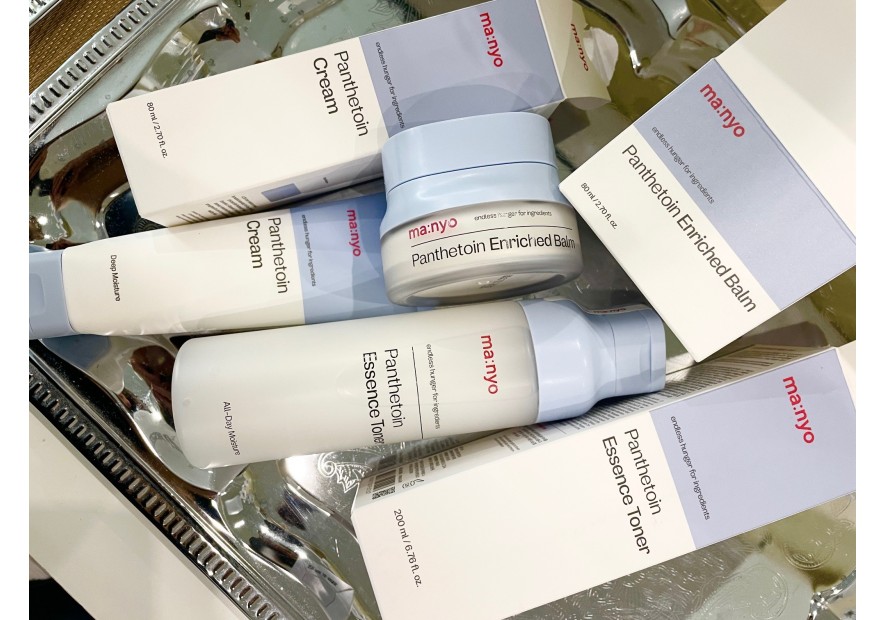
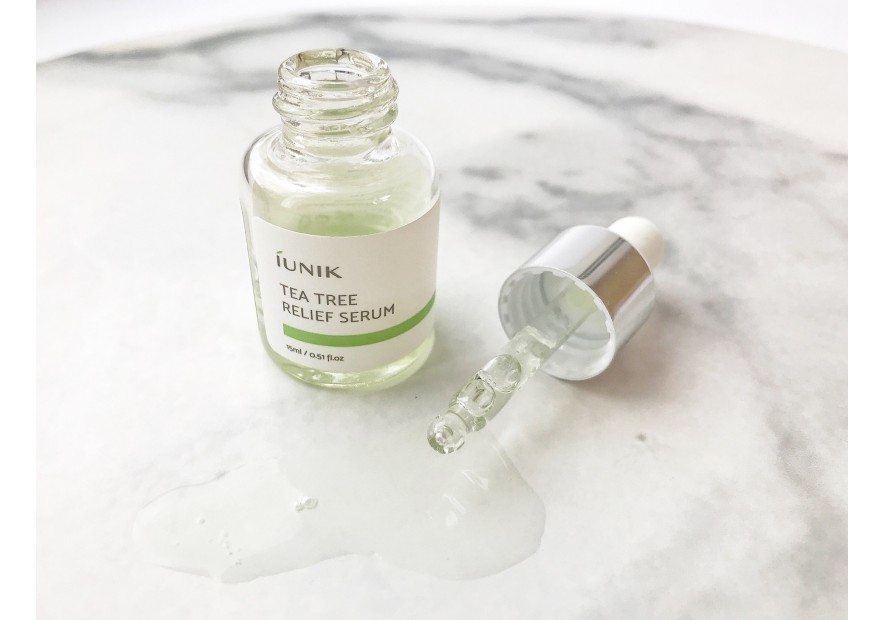
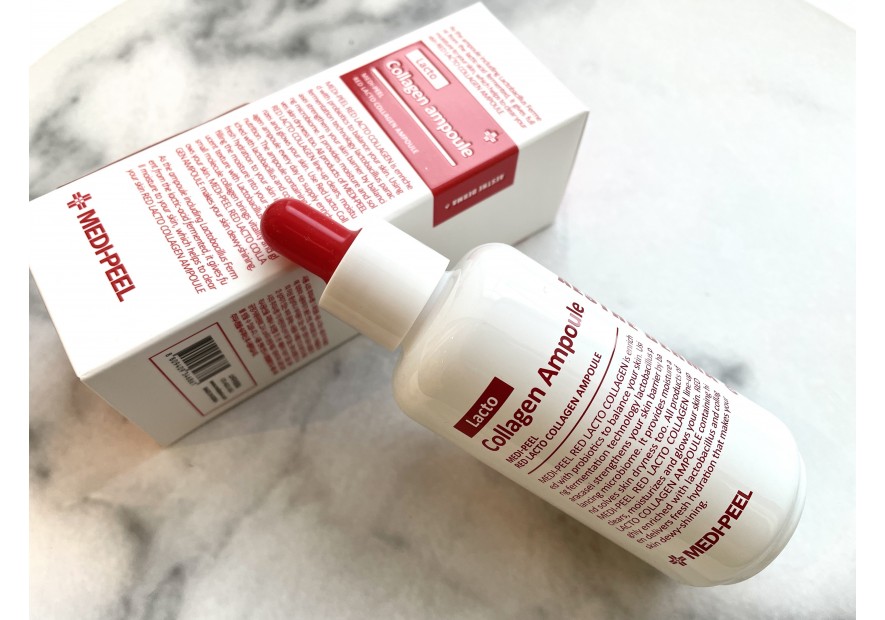

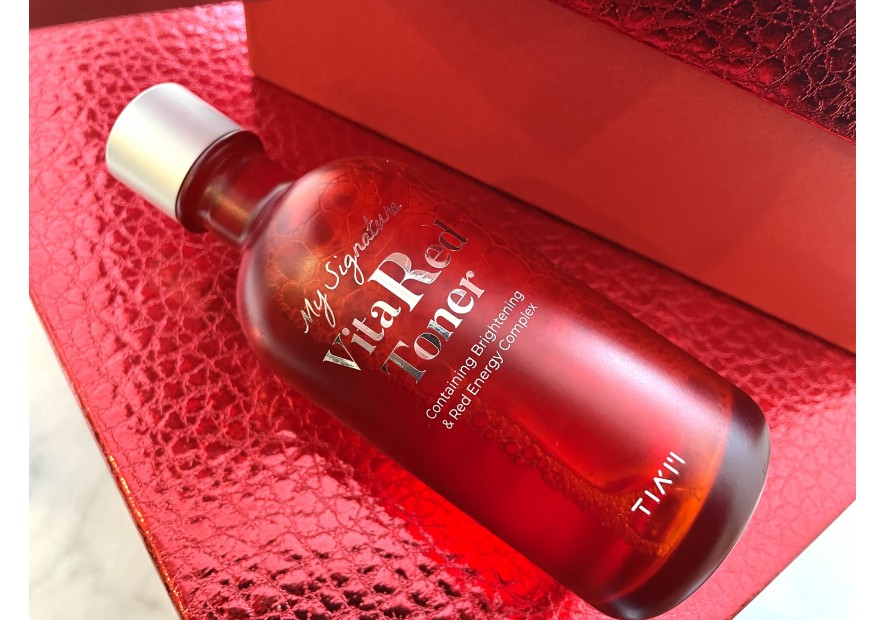
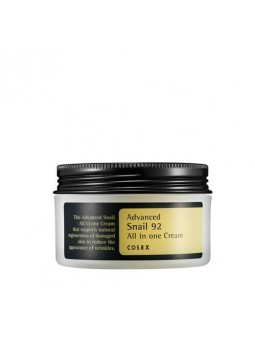
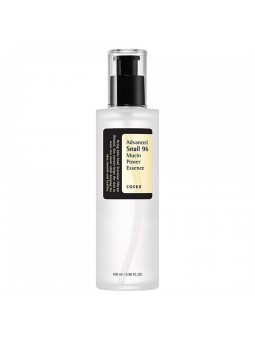
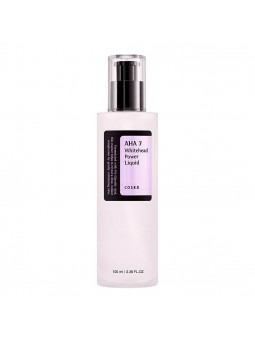
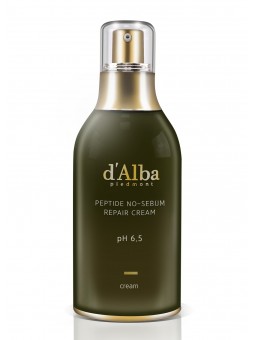
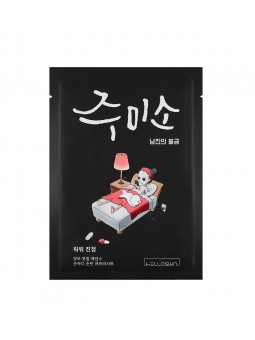
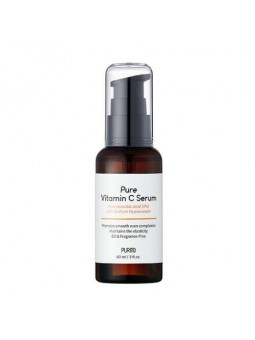
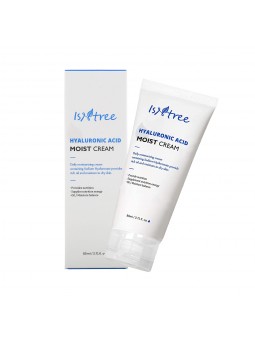
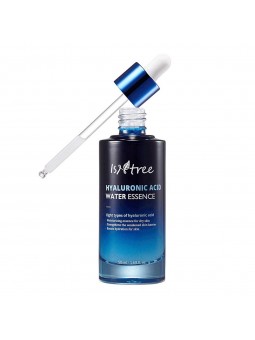
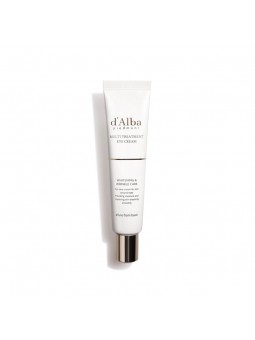
Leave a comment